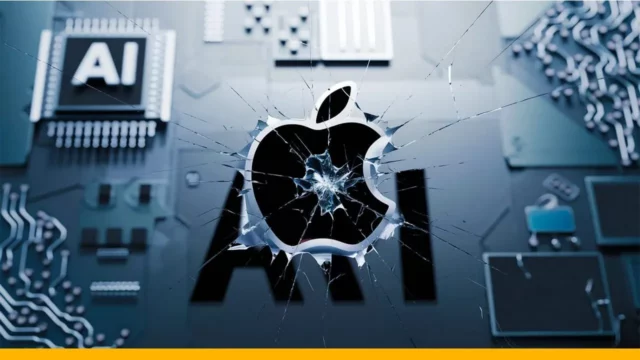Google’s latest AI, hilariously dubbed Nano Banana, is quietly stealing the spotlight with something that feels almost magical, giving black-and-white photos a burst of realistic color. And the results? They’re not just impressive. They’re jaw-dropping.
Nano Banana AI makes colorization look effortless

One user, Rodrigo Bressane, put the new model to the test by uploading old monochrome images, some iconic, others likely personal, and asked the AI to color them. What came back looked like photos taken with modern digital cameras, not retouched century-old prints.
This isn’t your average “sepia wash” job. Skin tones are rich. Lighting feels accurate. Fabric textures and background elements retain a natural balance. In many cases, the results feel like they were meant to be in color from the beginning.
Gemini 2.5 Flash Image gets a new name and new powers
Nano Banana is the public-facing nickname for Gemini 2.5 Flash Image, Google’s new AI model made for editing and generating visuals. It dropped into the Gemini app quietly, but those in the know have already been putting it through its paces.
Here’s what the model can do beyond colorization:
- Maintain character accuracy across generations of images
- Swap outfits or objects in photos without breaking realism
- Add people, pets, or props into scenes seamlessly
- Edit furniture and room layouts without destroying the vibe
It’s not just another image generator. It’s a contextual photo editor with memory and an AI that knows not to give Grandma blue hair unless you ask for it.
What makes Nano Banana different
The standout feature is something called character permanence. You can feed the AI a photo of yourself, and it will generate avatars or variations that still look like you. No warped eyes or surprise mutations. It remembers faces and treats them with respect.
That’s a big deal for anyone using AI to build consistent photo sets, whether for branding, storytelling, or just sharing something cool.
A simple test proves Nano Banana’s strength
Colorizing black-and-white images might sound like a lightweight challenge, but it’s where AI models often stumble. Over-saturation, jarring skin tones, or historical inaccuracy tend to creep in.
Not here.
Nano Banana’s colorization outputs feel informed, measured, and strikingly human. Whether it’s World War portraits or vintage family snapshots, the model doesn’t just guess; it delivers something that feels thoughtfully imagined.
Google’s new AI might be silly in name, but not in results
Don’t let the fruit-themed nickname fool you. Nano Banana is quietly redefining what AI photo editing looks like. It’s personal, contextual, and surprisingly emotional, especially when it revives a moment that was never meant to be forgotten.
Old photos fade. Nano Banana doesn’t.














